More than half a million Australians will be left with no choice but to drive a ticking time bomb while the car industry races to replace 53 million potentially deadly airbags globally.
The number of Australian cars affected in the world’s biggest recall is now more than 637,000 and climbing.
The majority of motorists have no option other to wait up to a year before the airbags are replaced -- because the supplier at the centre of the crisis can’t build them fast enough.
It became the biggest recall in the world after Japanese manufacturer Takata -- which supplies 20 per cent of the car industry’s airbags -- admitted in a US hearing this week the problem was more widespread than it had claimed for years.
The faulty airbags, which can explode shrapnel if deployed in a crash, have so far claimed six lives overseas. No deaths or injuries have been reported in Australia.
Legal experts say motorists have little choice but to endure the painstaking wait for the replacements, and they can’t sue the car companies unless someone dies or is seriously injured from the defective airbags.
The crisis has left drivers with the unenviable task of taking the risk and driving their cars or -- if they can afford it -- park their recalled car until new airbags become available.
The faulty airbags have so far claimed six lives overseas.
So far, authorities in the US and Australia have not ordered the recalled cars off the road.
The odds of being killed are difficult to calculate. Not all of the airbags in the 53 million cars are defective.
But internal testing by Takata over the past six months found 265 of 30,000 recalled airbags had ruptured -- or less than 1 per cent.
That may sound like good odds, until you realise it still leaves 530,000 cars around the world -- and at least 6000 in Australia -- with airbags that can kill.
At first it was thought only airbags fitted to vehicles with long term exposure to humidity were most at risk.
But this week Takata doubled the number of airbags recalled after determining humidity may not have been the only contributing factor.
In the faulty airbags, the propellant in the inflator deteriorates over time, making it more volatile and prone to explode with too much force when deployed in a crash.
In Australia, perhaps because there have been no known airbag-related deaths locally, it seems not everyone is in a panic to get their car fixed.
Then again, the majority of owners of affected cars don’t have a choice but to wait.
Retired couple Mark and Delwyn Bridgeman waited a year before they took their 2002 Honda CR-V to get fixed.
“Honda contacted me about a year ago to say there was going to be a recall, and then in January they said I could bring the car in,” said Mr Bridgeman, who bought his CR-V new 12 years ago.
“When I heard the extra recalls on the radio the other day I thought I better get in quick. I got mine fixed yesterday.”
Honda only needed to replace the passenger airbag in this instance. Was his wife Delwyn worried that she was sitting in front of a potentially deadly airbag in her husband’s car?
“He’s a very safe driver,” said Mrs Bridgeman. “After 60 years of driving, how many accidents have we had?” Presumably the rhetorical question meant they had none.
Young couple Kelly and Gene White and their three-year-old boy use their 2006 Toyota Corolla hatchback as a family car.
“It’s a little bit worrying that if we have an accident we could have shrapnel flying at us,” said Mrs White. “We want to get it fixed as fast as possible, so it’s distressing to have to wait so long.”
Young mum Farah didn’t know about the airbag recall until News Corp Australia approached her in a shopping centre car park.
With her 17-month-old boy secured in a baby capsule in the back seat of the 2002 Honda CR-V handed down to her from her parents, Farah told us: “Now that I know about (the recall) I’m a bit nervous to be honest. I try to drive carefully, but what if a crash happens, even if it’s not your fault? There is still a risk the airbags could go off. How do you know yours isn’t one of the deadly ones?”
P-plate driver Emmalene Royce has a 2005 Toyota Echo that was originally her grandmother’s car. She learned to drive in it and the car has been in the family since new.
“I won’t sell the car because I have an emotional attachment to it,” she said. “I definitely want to get it fixed but I don’t have a choice but to drive this car while I wait for the new airbags. I can’t afford to buy another car.”
Josh Simons, a partner from Thomson Geer, a competition and consumer law firm, says there may be little action motorists can take now that the car companies involved have issued recalls.
“Consumers now have an obligation to take reasonable steps to protect themselves, but car companies are not off the hook,” said Mr Simons.
“They must fix the product, and they may still be liable if a death or serious injury does occur as a result of a faulty airbag.”
Even then, however, car makers may not be entirely to blame should the worst happen.
Given that the Federal Government must be notified of all recalls, Mr Simons says “it is up to the relevant minister to decide if the recall action taken is reasonable”.
As the car industry is grappling with the biggest recall it has ever faced, some customers are demanding replacement vehicles until the new airbags arrive.
“If the car has a major defect, you’re entitled to a replacement or a refund -- at the customer’s choice -- depending how old the cars is,” said Mr Simons.
“If a customer wants a replacement or a refund it has to be a reasonable period of time from the date the car was purchased new.”
However, the definition of a “reasonable period of time” is open to interpretation and depends on the circumstances of the particular goods involved, says Simons.
“If you bought a used car from a business, potentially you have rights (to a replacement or refund) against the business you bought the car from,” said Mr Simons.
“If you bought a used car privately, you have no recourse against the person who sold you the car, but you may still have rights against the car manufacturer.”
When News Corp Australia contacted the brands affected by the airbag recall, most did not know how many cars had already been repaired, or exactly when they would be fixed.
“Replacement parts are presently being prepared and, due to the number of vehicles impacted globally, it is anticipated that sufficient parts will be available to commence recall repairs by early next year,” said Toyota Australia’s media statement.
The tally for Toyota's airbag recall cars in Australia now eclipses 207,000, Honda totals more than 188,000, Nissan has 156,000 affected cars, utes and four-wheel-drives, and Mazda has called back 5100 vehicles.
Of the 4500 Chrysler 300C sedans recalled, the company says 3400 will be fixed by the end of June after airfreighting parts.
BMW has recalled 43,000 cars and says it has replacement airbags available, while Mercedes-Benz says it fixed 20 cars in Australia last year.
Overnight on Friday, Subaru Australia announced a recall of 33,548 Impreza cars made between 2004 and 2007.
That brings the number of cars recalled so far to more than 637,000, but that figure is expected to grow in the coming weeks once Takata provides each manufacturer with the new, broader range of affected airbags.
What should you do?
If you have a recalled car, expect a letter in the mail, even if you didn’t buy it new. The car industry uses NEVDIS (National Exchange of Vehicle and Driver Information System) which is the database of Australian driver and vehicle information to contact owners of recalled cars.
The industry code of conduct says three letters should be sent to the registered owner of the vehicle; the third and final letter is sent by registered post if the repair has not been made within six months.
Should you disable the airbag in the meantime?
Safety experts advise not to tamper with the airbag.
How do I find out if my car is affected?
Go to recalls.gov.au and click on the “cars” link and then click on your brand of car. If you’re unsure what make, model, and year your car is, all the information is on your car registration form. Still in doubt? Visit the service centre of a dealership and they can tell you if your car is affected. Or see our list below.
Will the recall cost me anything?
All recall work is free of charge. The repairs themselves take about 90 minutes but the dealership service centre may want your car for a day while dealing with the backlog.
What about Holden and Ford?
Although General Motors (Holden’s parent company) and Ford are affected in the US, both companies say cars sold in Australia are so far not caught up in the Takata airbag recall.
Takata airbags: the recalled models so far
Chrysler 300C sedan 2005 to 2007
BMW 3 Series 1997 to 2006
Honda Jazz 2004 to 2009
Honda Accord Euro 2004 to 2007
Honda CR-V 2002 to 2008
Honda Civic 2004 to 2005
Lexus SC430 2001 to 2003
Mercedes-Benz SL and SLK 2014
Nissan N16 Pulsar 2000 to 2006
Nissan D22 Navara 1997 to 2004
Nissan Y61 Patrol 1997 to 2010
Nissan T30 X-TRAIL 2001 to 2007
Nissan A33 Maxima 1999 to 2003
Subaru Impreza 2004 to 2007
Toyota Echo 2003 to 2005
Toyota RAV4 2003 to 2005
Toyota Corolla 2003 to 2007
Toyota Yaris 2005 to 2007
Toyota Avensis 2003 to 2007reca



.jpg)
.jpg)



.jpg)
.jpg)
.jpg)

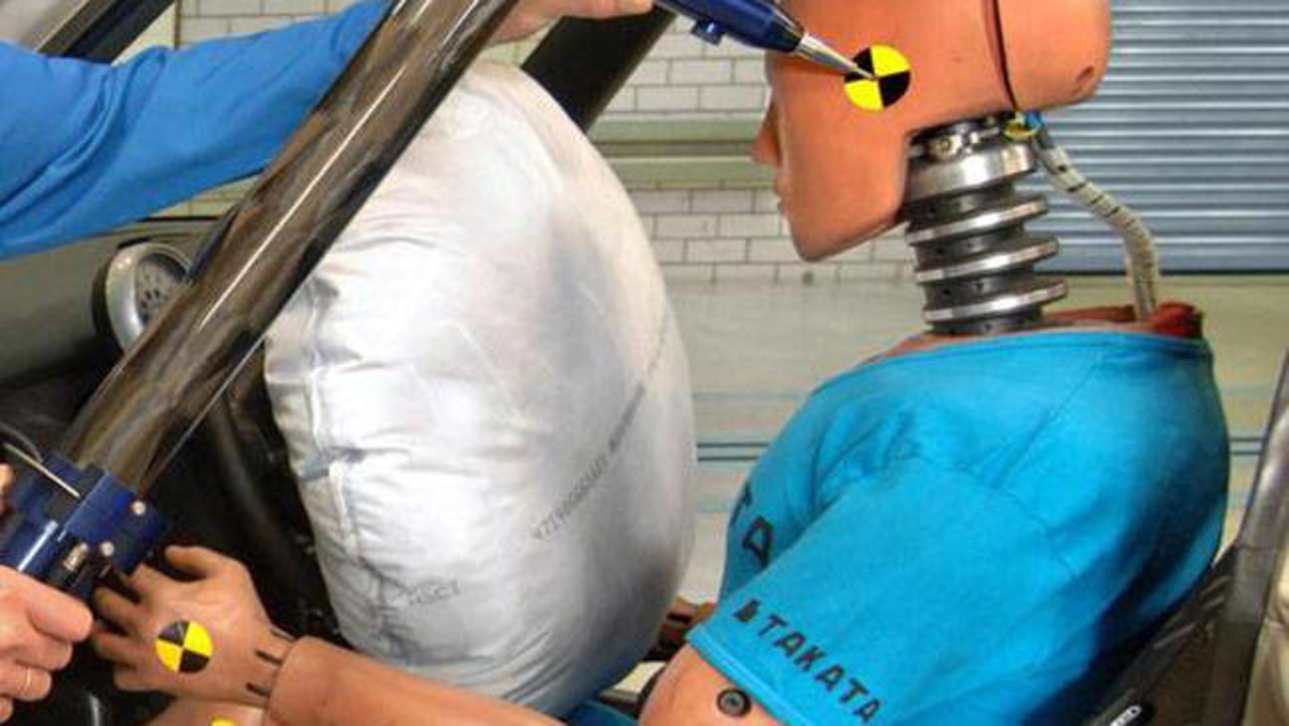
.jpg)
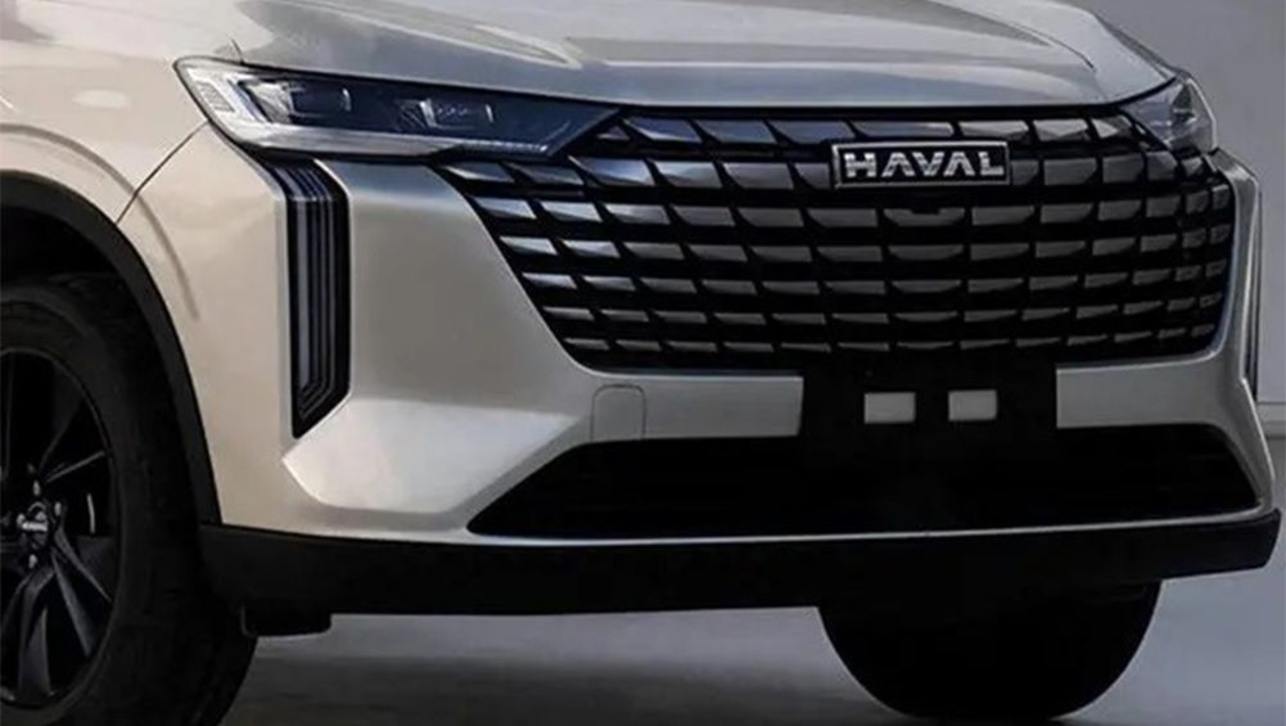
.jpg)
.jpg)
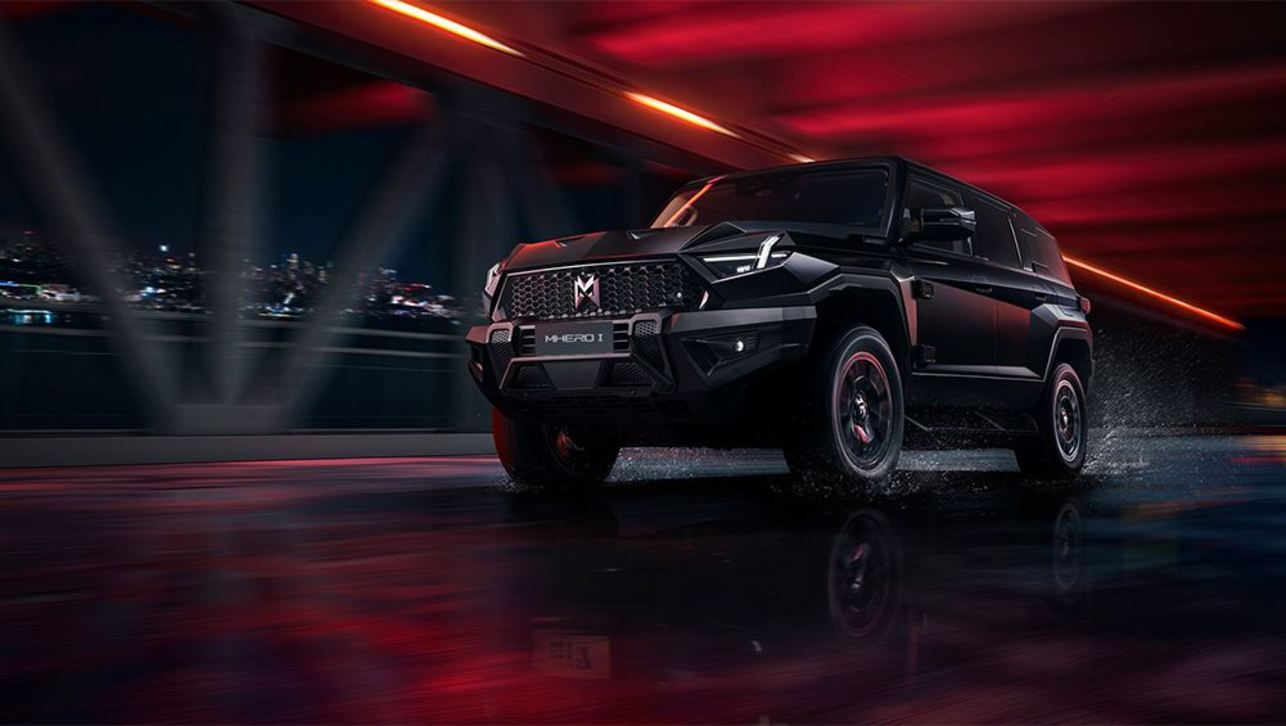

.jpg)


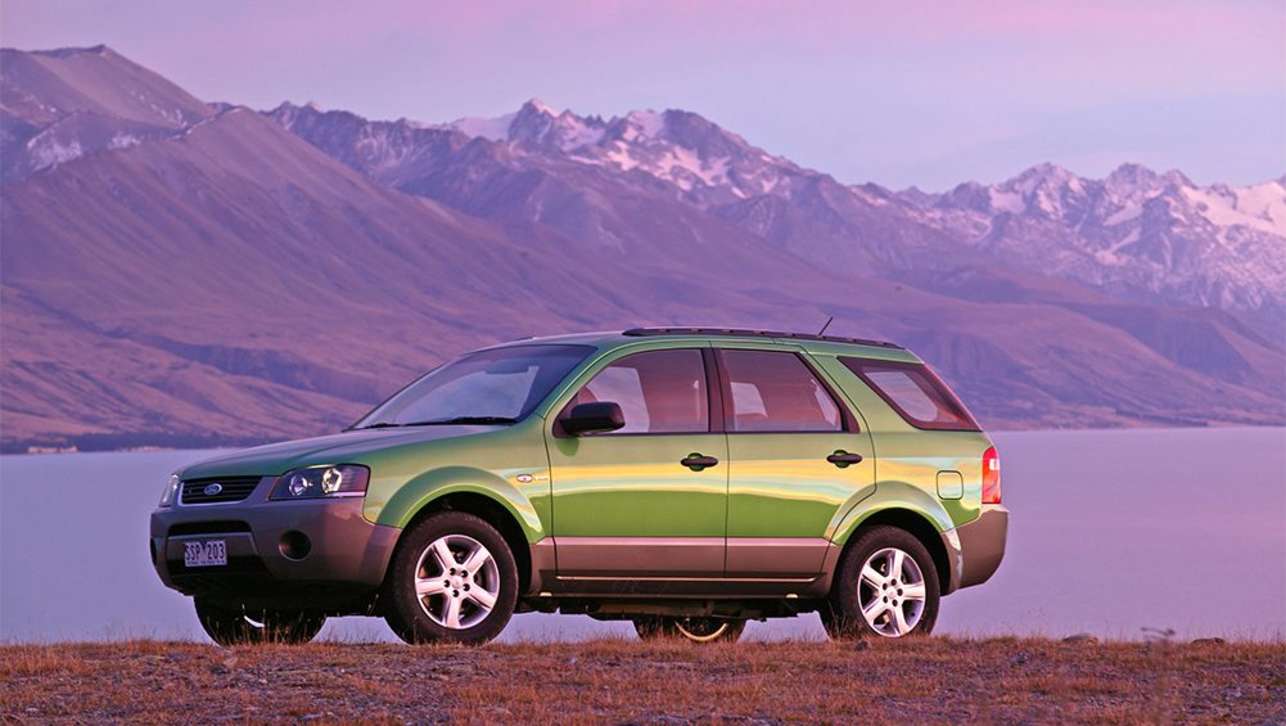
.jpg)
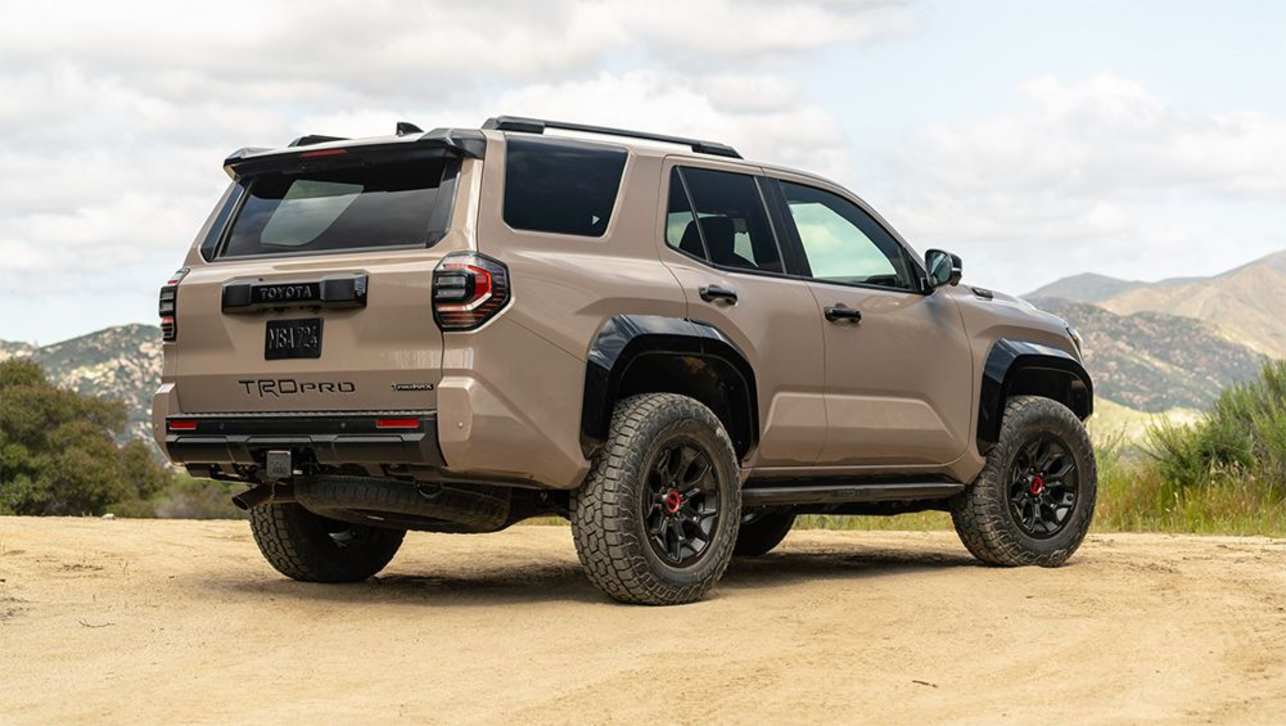
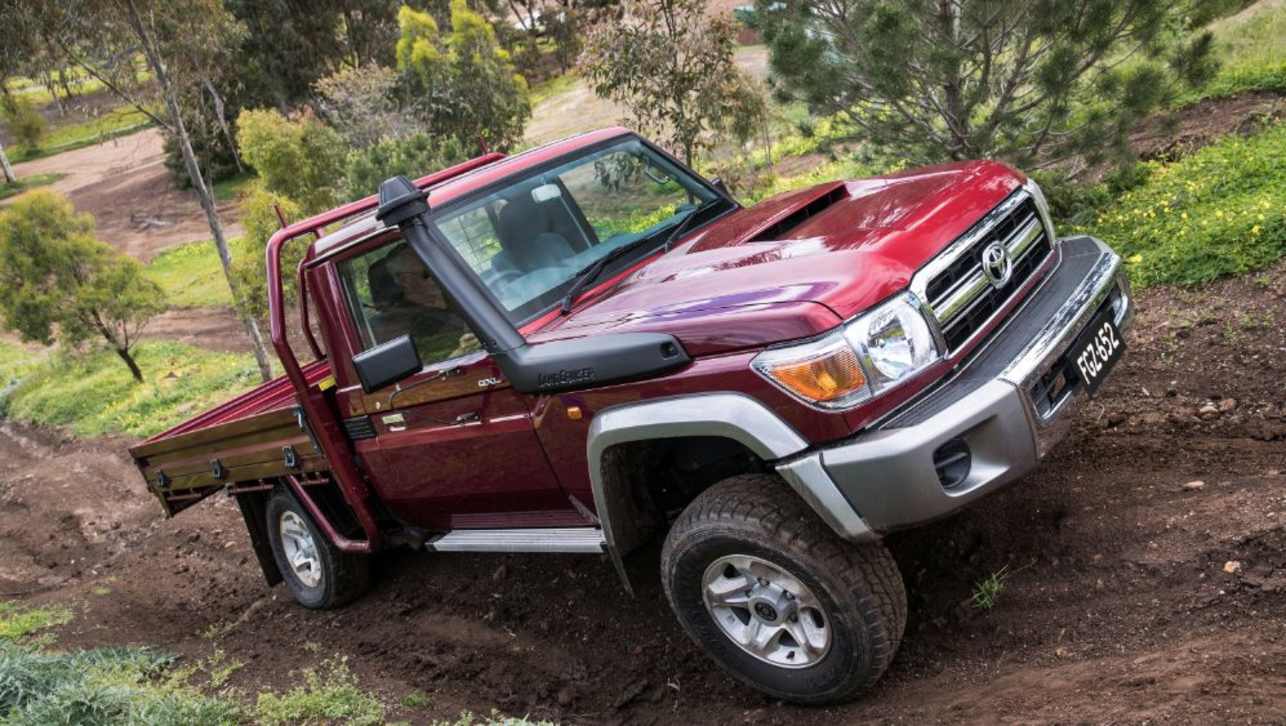




Comments